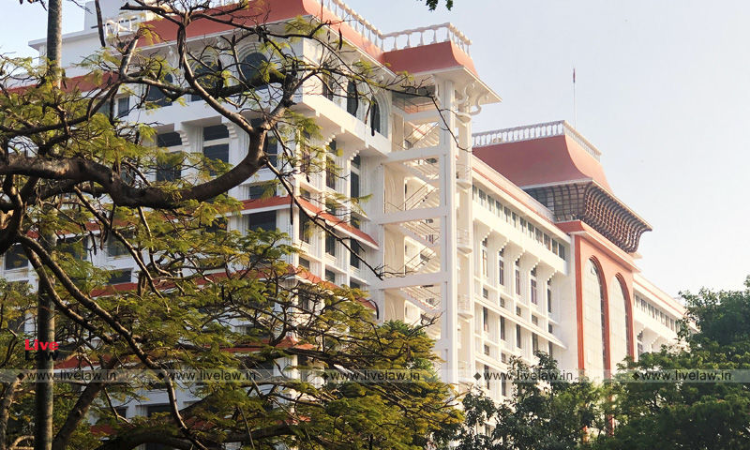CPC | Grounds To Set Aside Sale Under Order XXI Rule 90 Not Available In A Petition Filed U/S 47 : Kerala High Court
Hannah M Varghese
3 Feb 2022 1:16 PM IST

Next Story
3 Feb 2022 1:16 PM IST
The Kerala High Court on Monday ruled that the grounds available to set aside a sale under Order XXI Rule 90 of the Code of Civil Procedure (CPC) shall not be available in a petition filed under Section 47 even if it is for the same relief. Dismissing a revision petition, Justice A. Badharudeen held so after referring to a few judgments on the issue and exploring the law laid down in this...
